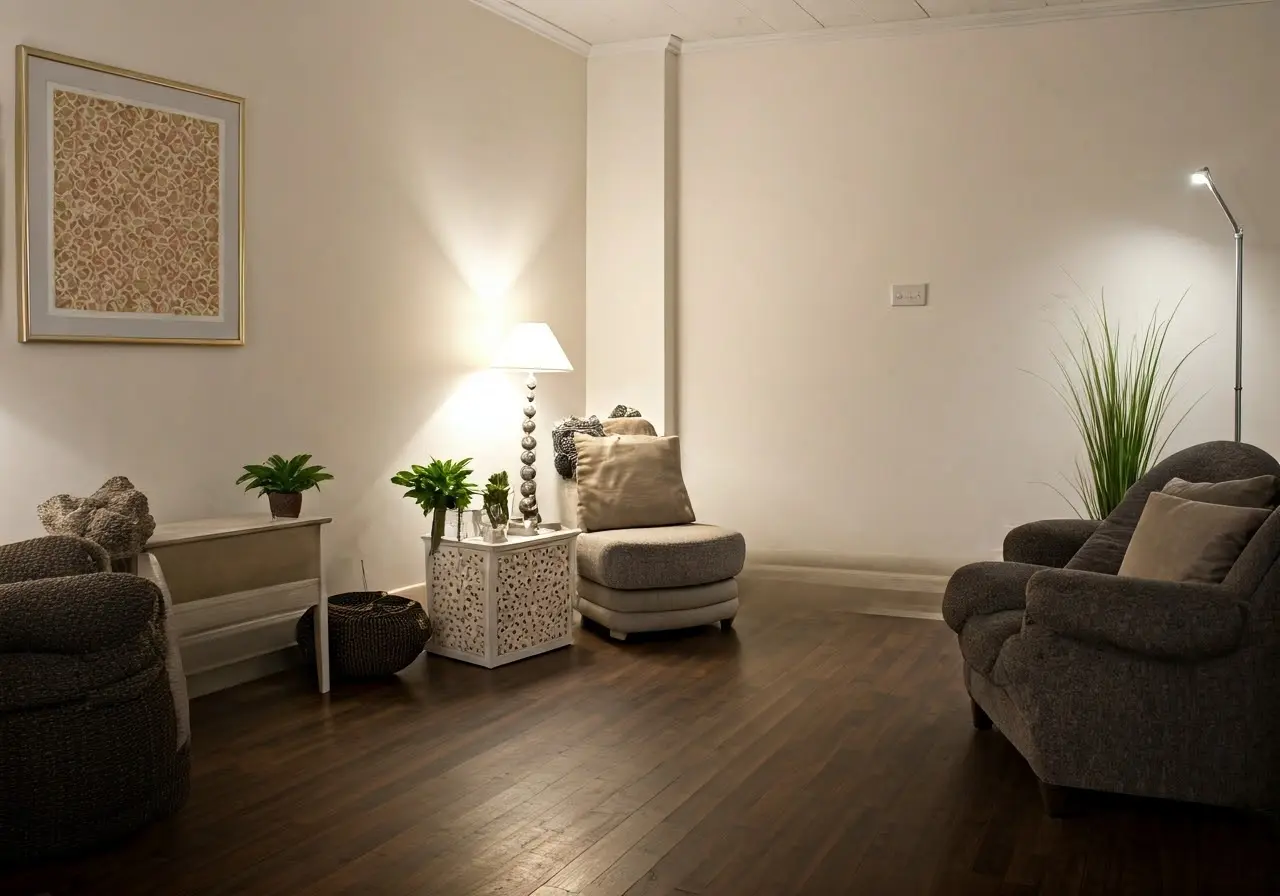Family psychiatry is a branch of psychiatry that focuses on families and their interactions with one another to understand and treat various psychiatric disorders. This FAQ guide will explore how family psychiatry can be beneficial for individuals and families alike, and how it can support your loved ones in overcoming mental health challenges.
What is the Purpose of Family Psychiatry?
Family psychiatry aims to address mental health issues by understanding the dynamics within a family. It focuses on improving communication, resolving conflicts, and promoting mental wellness for all members involved.
At its core, family psychiatry recognizes that an individual’s mental health cannot be viewed in isolation. Often, issues stem from intricate family dynamics which, if left unaddressed, could hinder treatment outcomes. Family psychiatry looks to create an integrated plan that promotes wellness for the individual and family collectively.
Family psychiatry extends beyond mere conflict resolution. It seeks to uncover underlying patterns—such as how generational trauma or inherited communication styles affect members. Establishing these insights can empower families to cultivate a harmonious living environment.
Who Can Benefit from Family Psychiatry?
Families dealing with mental health issues such as depression, anxiety, or addiction can benefit from family psychiatry. It is also helpful for those facing major life changes or family crises.
Consider family psychiatry as a valuable ally during transitional phases like marital separation, loss of a loved one, or relocation. These events, while common, may strain familial relations, and family psychiatry provides tools and strategies to cope effectively.
Even families without a history of mental illness might find family psychiatry advantageous during times of stress. It prepares families to handle unexpected emotional upheavals and strengthens the overall support system.
How Does Family Psychiatry Differ from Individual Therapy?
Unlike individual therapy, family psychiatry involves multiple family members in the therapeutic process. It emphasizes the family’s role in an individual’s mental health and encourages collective problem-solving and support.
The key distinction is that family psychiatry seeks to address issues as part of a systemic structure. Where individual therapy hones in on past traumas or present concerns on a personal level, family psychiatry addresses how familial interactions influence mental and emotional well-being.
In family psychiatry, the focus isn’t solely on the ‘identified patient,’ but on the interrelations that may foster or disrupt individual therapy progress. This holistic approach often results in more sustainable improvements in mental health.
What Can You Expect in a Family Psychiatry Session?
A typical session may involve talking through issues together, role-playing, or practicing communication techniques. The psychiatrist helps guide the family toward understanding and addressing underlying issues.
Family psychiatry sessions are carefully structured to ensure every voice is heard. An initial session may involve setting goals and identifying pervasive issues. Through observation and dialogue, the psychiatrist helps families acknowledge disruptive patterns and work collaboratively to develop constructive solutions.
In addition to structured discussions, families may engage in experiential activities aimed at fostering empathy and reinforcing familial bonds. These activities serve as practical applications of the communication tools and strategies learned during therapy.
How to Find a Qualified Family Psychiatrist
Start by asking for recommendations from your primary care doctor, checking with local mental health organizations, or searching online for specialists in family psychiatry. Ensure they have the right qualifications and experience.
It’s important to verify the psychiatrist’s credentials, regulatory status, and specializations. Family psychiatry involves complex dynamics; thus, having a seasoned professional who understands the nuances of family-based therapies can significantly affect outcomes.
Consider scheduling initial consultations with prospective psychiatrists. This provides a glimpse into their therapeutic style and allows families to judge comfort levels and ensure alignment with treatment goals.
Furthermore, rely on reviews and testimonials from former clients. Positive experiences can illuminate the psychiatrist’s competence and empathy—two essential qualities in closing the gap between family discord and resolution.
Understanding the Impact of Family Psychiatry
Family psychiatry offers a comprehensive approach to understanding and treating mental health issues within the family unit. By involving family members in the therapeutic process, it can foster a supportive environment for healing and growth. If you believe your loved ones could benefit from such an approach, consider consulting with a family psychiatrist to explore the best options for your family’s needs.


